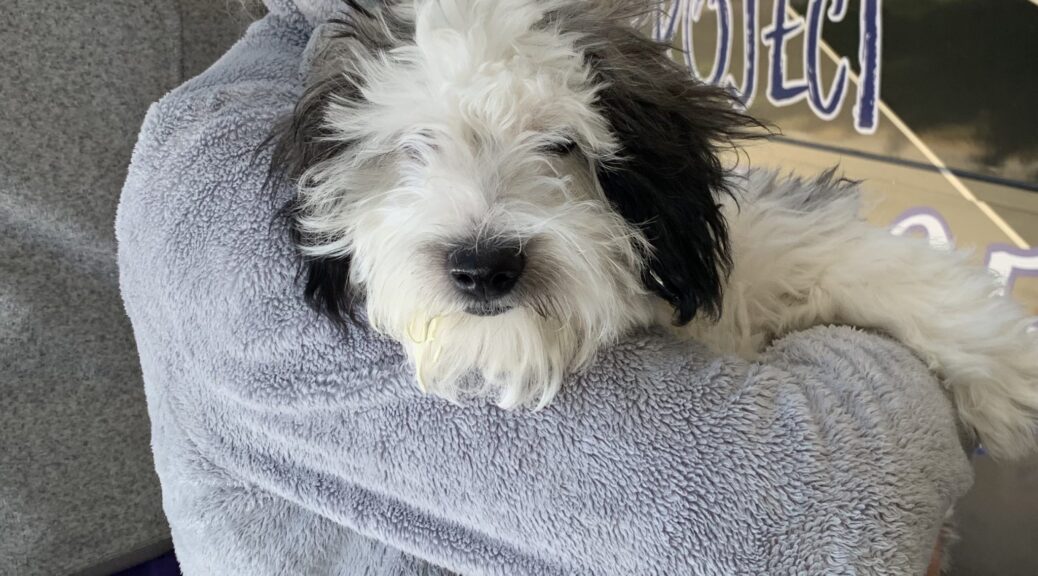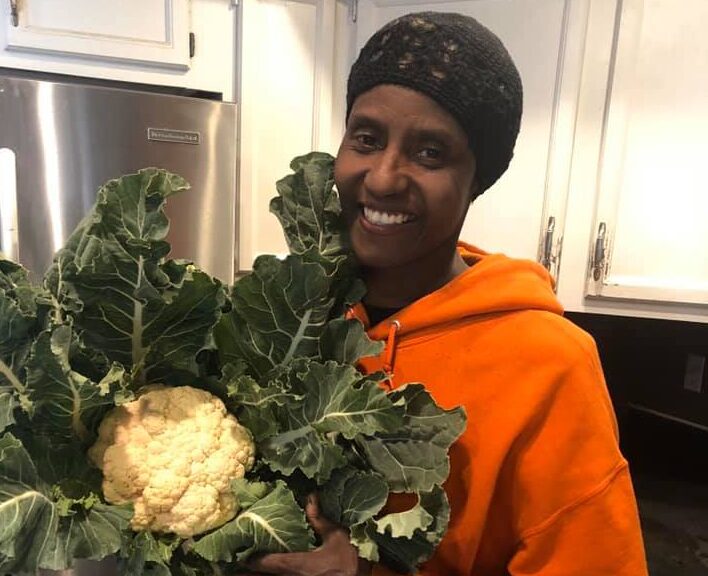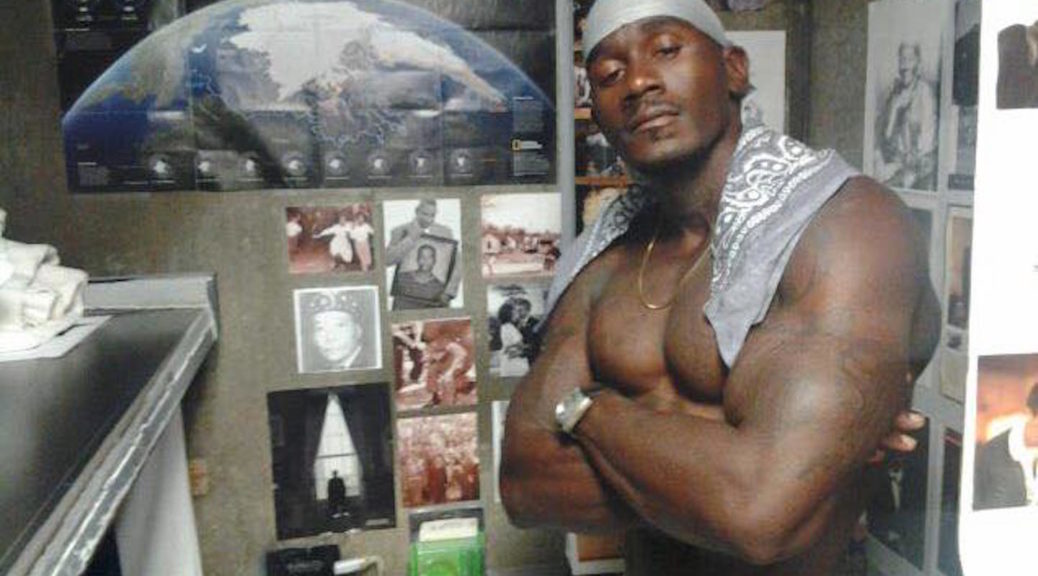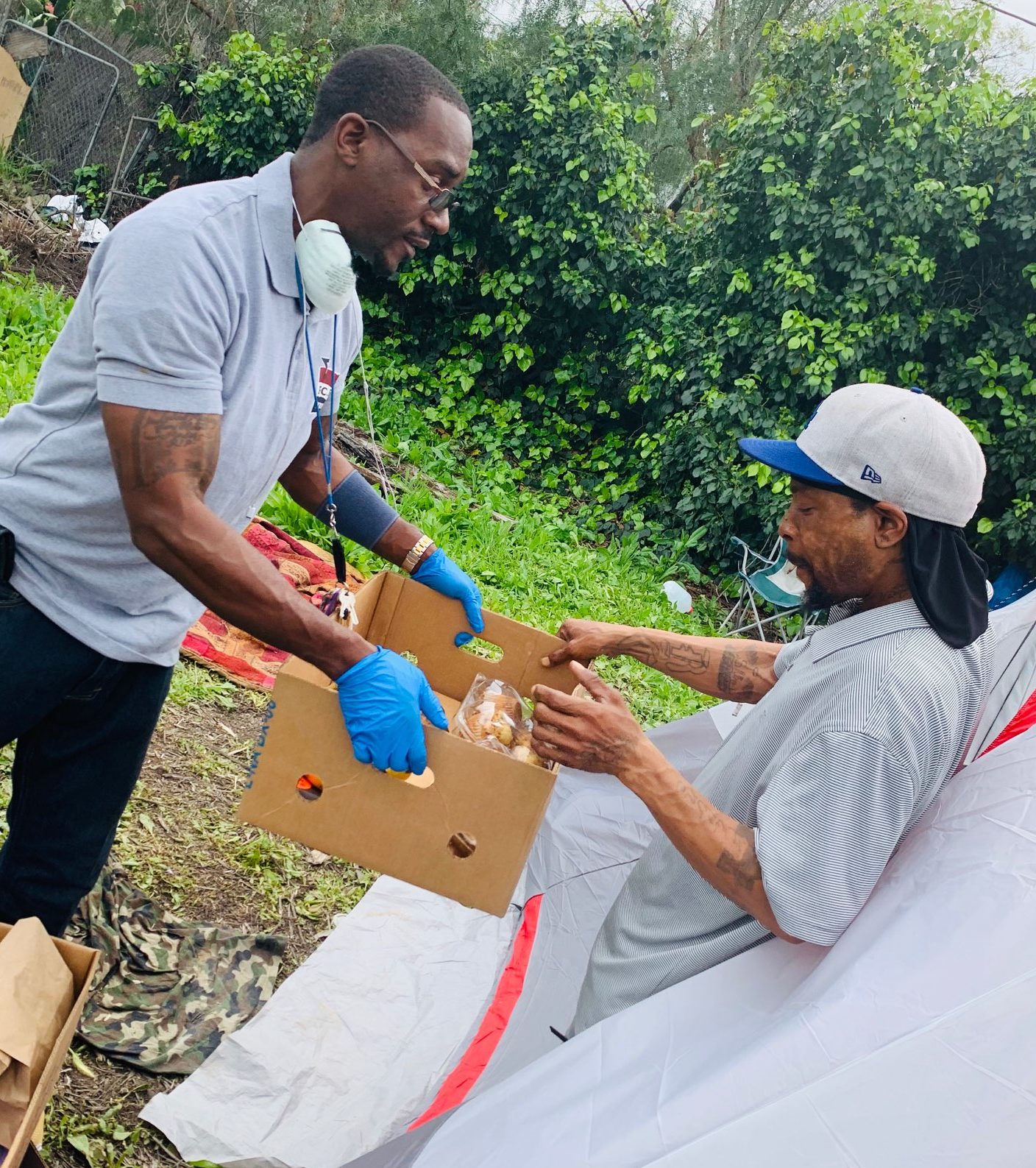The Pets in Need Project traveled around California for two months giving free medical care to pet owners experiencing homeless and will soon expand to other cities and states.
By Heather Newgen
Pet owners living on the streets must make an unthinkable choice. Do they go to a shelter and leave behind their companion? The majority of shelters don’t allow pets, unless they’re service animals, so most people choose to tough it out and stay with their furry friend.
With homelessness on the rise in California, ElleVet Sciences, a Portland, Maine company that produces hemp and CBD oil supplements for pets, wanted to help. So the co-founders, Amanda Howland and Christian Kjaer, rented an RV, enlisted a team of volunteer vets and embarked on a two month journey treating over 1200 animals in different homeless communities.
RELATED: Watch World Vets in action as they help reduce the street dog population in Nepal
The Pets in Need Project handed out supplies and administered vaccines, flea and tick preventatives, deworming, and general checkups.
“We found that people will feed their pets before they feed themselves, ” Howland explained to The Voluntourist. It’s really an extraordinary sacrifice to care for their pets,” she continued.
For weeks the team drove to various homeless communities and when people lined up for hours waiting for their four-legged bestie to be seen. In the few cases where a pet needed surgery, Pets in Need found a local animal hospital and paid for the procedures out of pocket, but that’s not all. They also helped in other ways.
“One lady that we met right off the bat in San Diego was a lovely woman who had been homeless for about a year. She had a sweet little kind of Maltese Shih Tzu dog and she came to us to have a check up. But she also said she had cancer and she was really worried about what was going to happen to her dog if she got sicker or had to go to the hospital,” Howland told us.
“So she was trying to find her a good home. We were so touched by the whole story, we posted on our social media and we were able to find a home for this little dog. We were able to put her in touch with a couple of candidates so she could choose the home. Then we went and took pictures of the dog at her new home so we could share with her and she could see dog was taken care of.”
Pets in Need Project had such a successful test run in California and are currently working on visiting other areas and creating volunteer opportunities. Check their website for more information.






